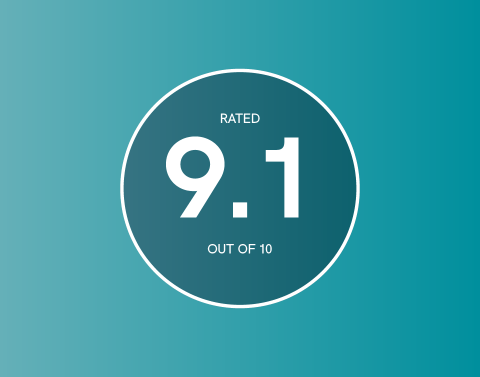With equality and diversity in business being such a hot topic at the moment, we were delighted to sponsor a one-day academic conference on the subject, which took place on Monday 22nd June hosted by the University of Chester and University of Liverpool. On the approach to the five-year Anniversary of the legislation, the purpose of the conference was to encourage dialogue on the development of equality law since its inception, through the presentation of 22 academic papers.
Keynote speakers at the conference included Professor Sir Bob Hepple QC, Emeritus Master of Clare College, and Emeritus Professor of Law, University of Cambridge alongside Colm O’Cinneide, Reader in Law at University College London.
As Professor Sir Bob Hepple stated, there is no doubt that the General Election in 2015 showcased improved diversity in Parliament. To put this into perspective, 29% of MPs are women compared to 22% in 2010 and 32 MPs are openly LGBT. With the Conservative manifesto communicating that the ‘Government will fight for equal opportunities’, there is evidence that there is an outstanding commitment to advancing equality in the public and private sectors.
This conference was particularly key to Oliver James Associates, as we continue to leverage our Equality and Diversity Policy to strengthen our workforce and company ethos. We believe that fostering an inclusive working environment can bring business benefits, providing a market advantage in economically straightened times and widening our pool of talent. The UK is considered to be one of the most diverse nations in the world but are businesses really making the most of the diversity of their workforce or do they see The Act as a ‘burden on business’?
There are undoubtedly both external and internal business benefits for equality and diversity. External benefits include having a better represented workforce with the inclusion of staff from different countries and cultures, enabling businesses to approach new markets more sensitively. Internal benefits could include more diverse firms contributing to improving their business operations, from creativity to problem-solving.
It could be argued that perhaps the Private and Public sector need to make better use of existing processes when addressing The Act. There is certainly a business case for equality from a moral and social perspective. However, certain elements of The Act are ambiguous leading us to question whether there is a parallel representation for equality. Surely equality is a fundamental human right; a semi-embedded constitutional principle? Surely businesses should be strengthening their equality duty with effective, strategic enforcement with view to empowering and enabling their workforce and in turn their business?
Perhaps it could be said that the ever-shifting background from a legal and political context means the transformative dimensions of equality law remain contested. Colm O’Cinneide presented the current and future directions of equality law, highlighting that fact that there is undeniably widespread confusion about The Act. This leads us to question whether The Equality Act is working successfully in a business sense five years on.
What do you think?
Leave us a comment and let us know your thoughts on the subject.



